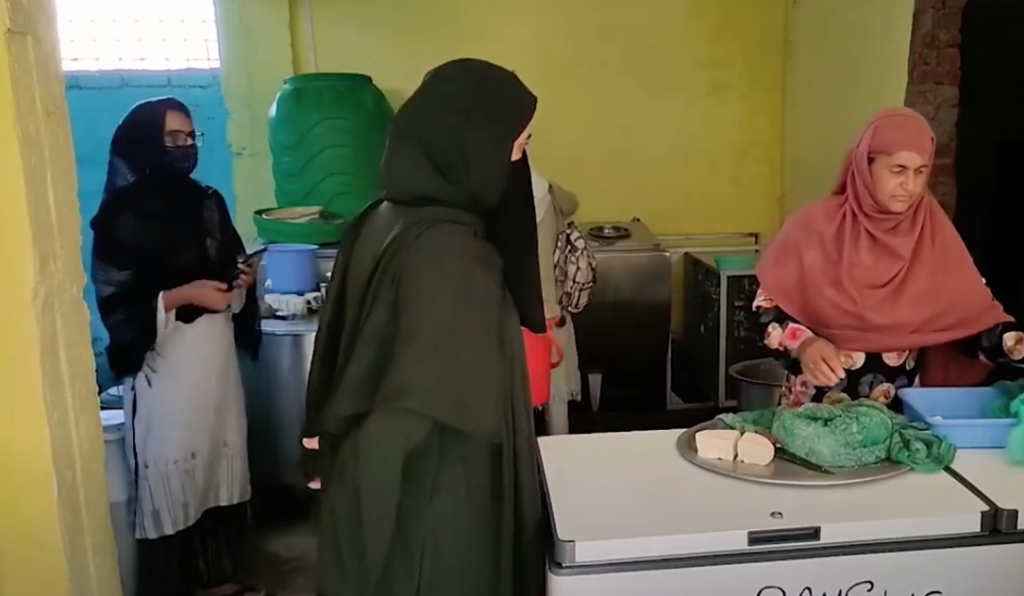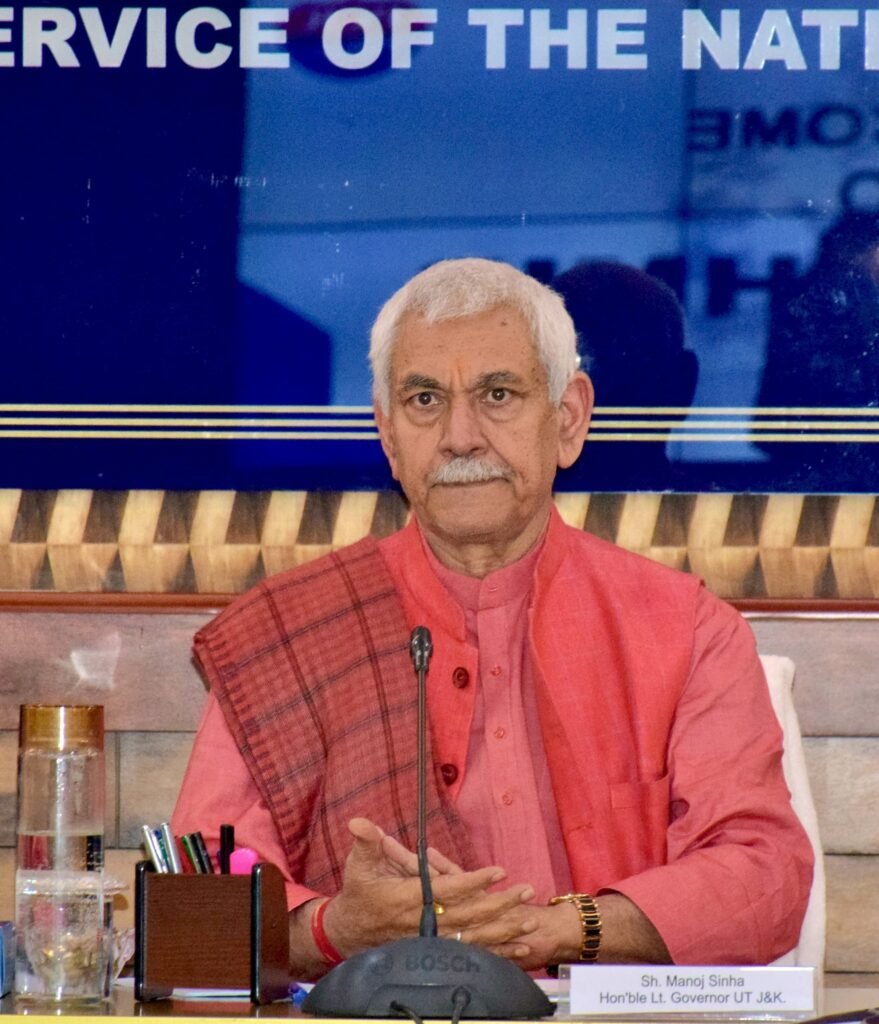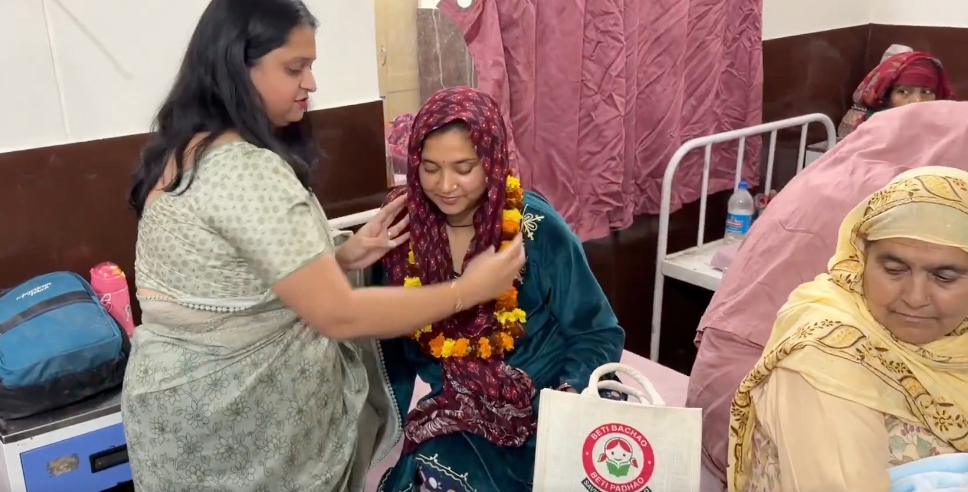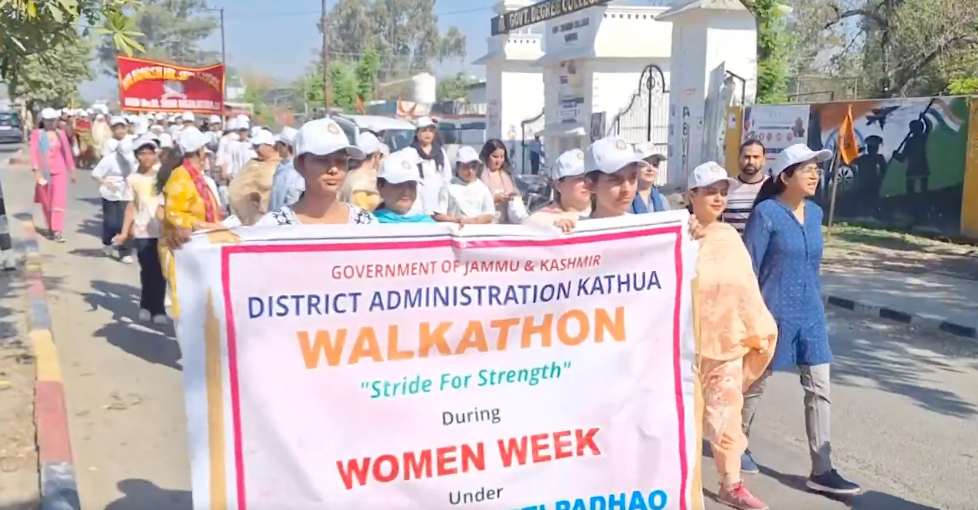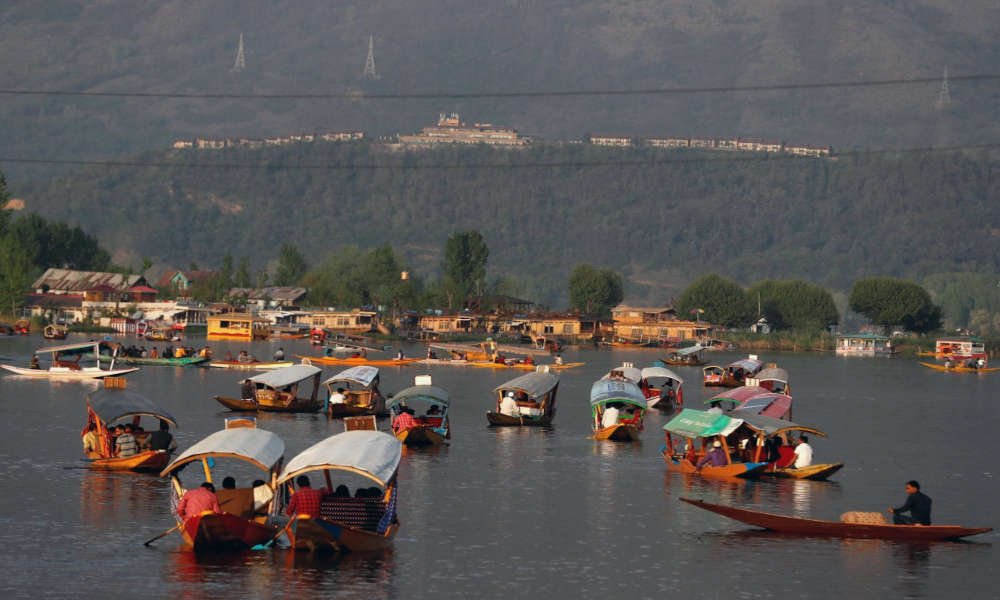In the verdant valleys of Kupwara, women from marginalised communities are scripting a story of resilience and empowerment through Self-Help Groups under the UMEED scheme of the Jammu and Kashmir Rural Livelihood Mission (JKRLM). These groups are not only fostering financial independence but also cultivating sustainable futures by launching eco-friendly businesses and promoting community development.
The UMEED scheme, designed to uplift rural women, has transformed lives in Kupwara by providing access to microfinance, skill training, and market linkages. Women in SHGs have ventured into sustainable enterprises such as organic farming, dairy production, handicrafts, and poultry farming, contributing to both economic growth and environmental conservation. For instance, SHGs in villages like Drugmulla and Trehgam have established organic vegetable farms, reducing reliance on chemical fertilizers and promoting healthier food systems.
“Our SHG started with a small loan under UMEED in 2020. Today, we run a dairy unit and sell organic produce, earning enough to support our families and send our children to school,” said Naseema Begum, a member of the Aasra SHG in Kupwara. The scheme’s emphasis on collective savings and entrepreneurship has enabled women to break free from financial dependency, with many reinvesting profits into community initiatives like clean water projects and sanitation drives.
The impact of UMEED in Kupwara is evident in its numbers: over 1,500 SHGs have been formed in the district, engaging more than 15,000 women in livelihood activities. These groups have accessed loans worth crores through the JKRLM, with repayment rates exceeding 95%, showcasing their financial discipline. Training programs on sustainable agriculture and eco-friendly packaging have further equipped women to align their businesses with global sustainability goals.
Posts on X reflect the community’s pride: “Kupwara’s women are leading the way with UMEED, building sustainable businesses and empowering each other. A true model for rural India!” The District Development Commissioner, Ayushi Sudan, lauded the SHGs, stating, “These women are not just entrepreneurs but change-makers, driving inclusive growth and environmental stewardship in Kupwara.”
Despite challenges like limited market access and occasional disruptions due to the region’s security dynamics, the SHGs remain undeterred. The JKRLM has introduced digital marketing workshops to help women sell their products online, bridging the gap between rural producers and urban consumers. Partnerships with local NGOs have also facilitated the adoption of solar-powered equipment, further enhancing the sustainability of their ventures.
The success of UMEED in Kupwara has drawn attention as a replicable model for rural empowerment. As these women cultivate sustainable futures, they are sowing seeds of hope, proving that collective action and government support can transform lives even in the most challenging terrains.

